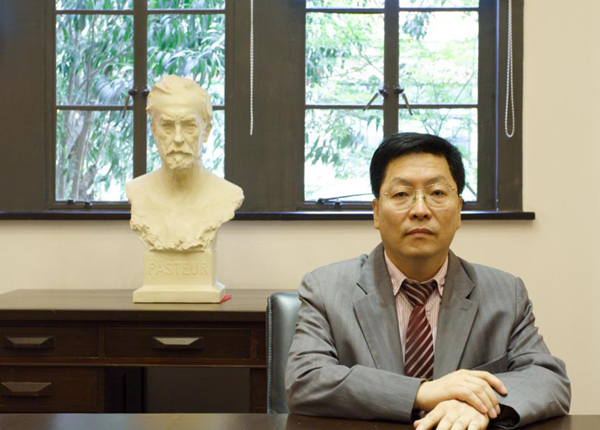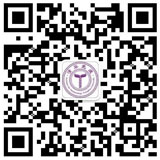Speaker: Dr. Bing Sun
Topic: The biological function of trim34 in the colonic mucosa of UC patients
Time: 14:00-15:30PM, June.7th (Wed.)
Venue: D326, Medical Science Building
Host: Dr. Li Wu

Abstract
Inflammatory bowel diseases (IBD) are chronic relapsing disorders of the gastrointestinal tract that are characterized pathologically by intestinal inflammation and epithelial injury. Two types of IBD, Crohn’s disease (CD) and ulcerative colitis (UC), are both associated with marked morbidity and can have a major impact on an individual’s quality of life. Many evidences suggest that inflammatory bowel disease results from an inappropriate inflammatory response to intestinal microbes in a genetically susceptible host. Indeed, the dysfunction of intestinal epithelial cells (IEC), intestinal immune cells and gut microbiota are the three major contributors to trigger IBD occurrence.
One important cell type of IECs, colonic goblet cell protects host crypts against luminal microbiota penetration via secreting mucins to generate the mucus layers which are composed of polymeric sheets of Muc2 mucin. Deficiency of both Muc2 synthesis and Muc2 secretion lead to the failure of mucus formation, causing the host sensitive to colorectal inflammation and carcinogenesis. Colonic microbes and microbial TLR ligands can induce Muc2 secretion from goblet cells once the mucus layer is disrupted, however, the regulating mechanism is not fully understood.
Trim family members are important regulators in various biological processes, such as immune system function, tumor progression, development and so on. However, the function of trim family members in the colonic colitis remains little explored. Here, we identified that trim34 showed a great decrease in the colonic mucosa of UC patients. Trim34-deficient mice were more susceptible to colon colitis and colitis-associated cancer (CAC). The development and maturation of colonic goblet cells were normal but bacterial TLR ligands-triggered Muc2 secretion was markedly attenuated during colitis induction in Trim34-deficient mice. This study first identifies the biological function of trim34 and provides a potential biomarker to evaluate the risk of colitis and CAC in the clinic.

Copyright © 2017 Institute for Immunology Tsinghua University
Contact Address: Room D302, Medical Science Building, Tsinghua University, Beijing 100084, China
Tel: (86) 10-62776420 Fax: (86) 10-62776420
